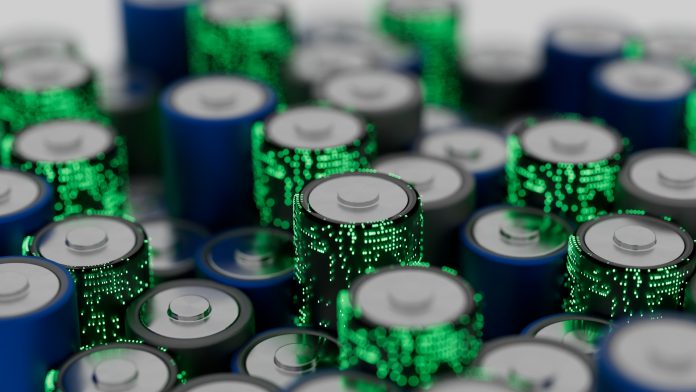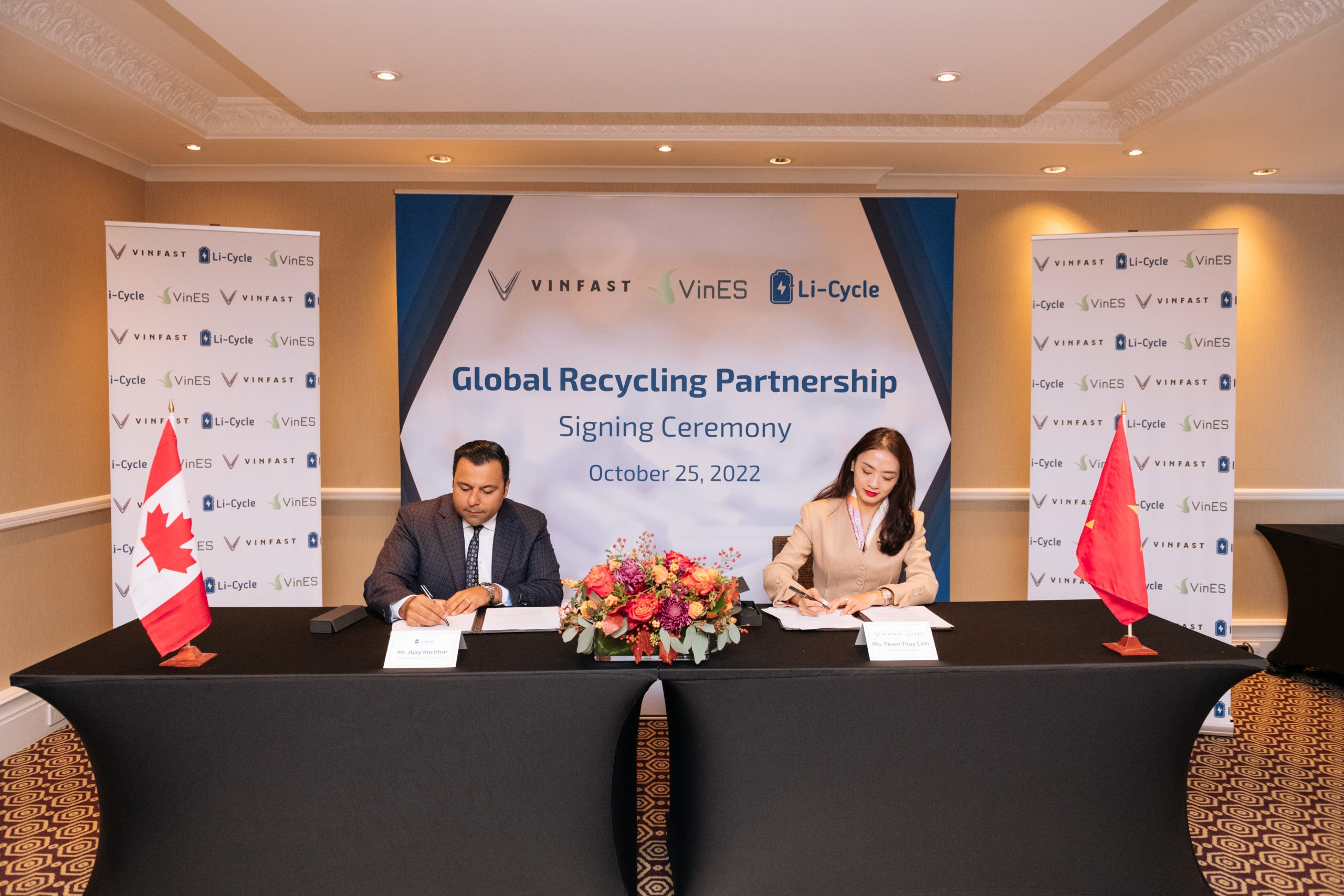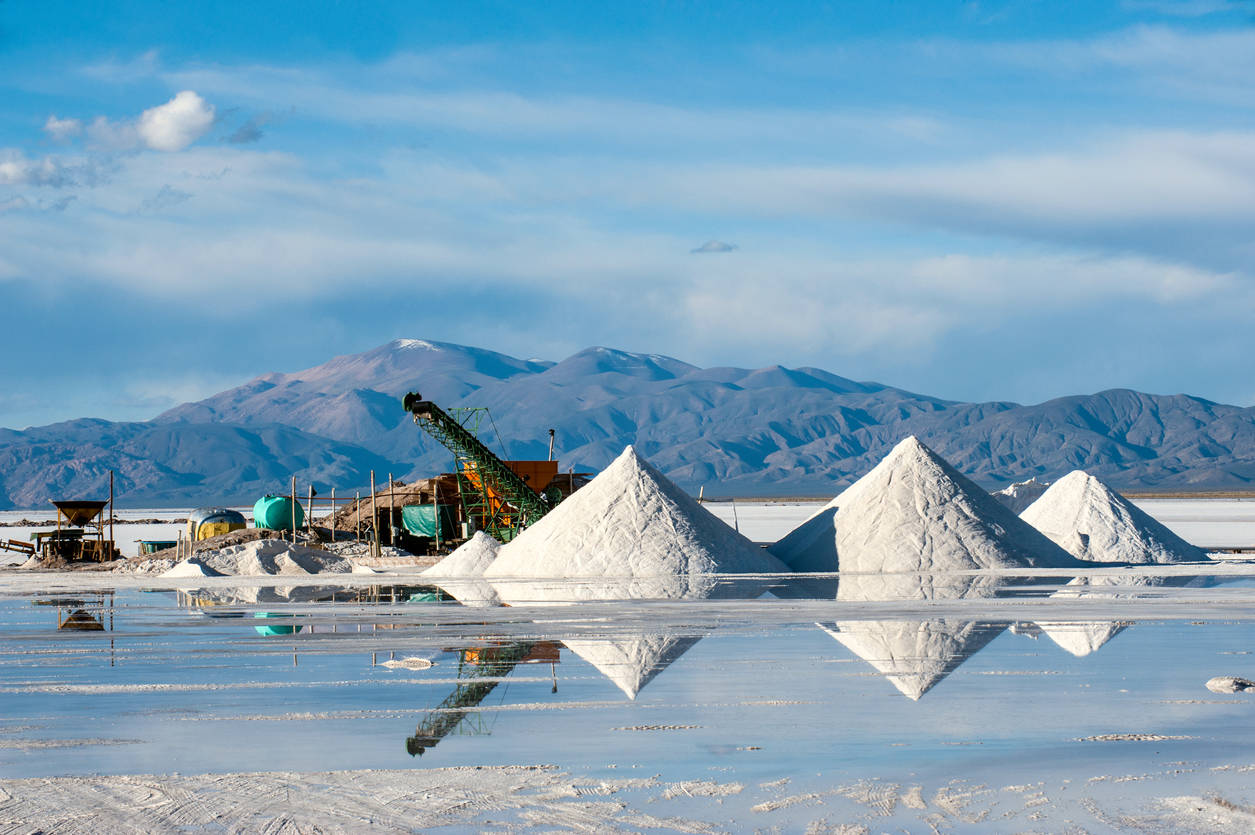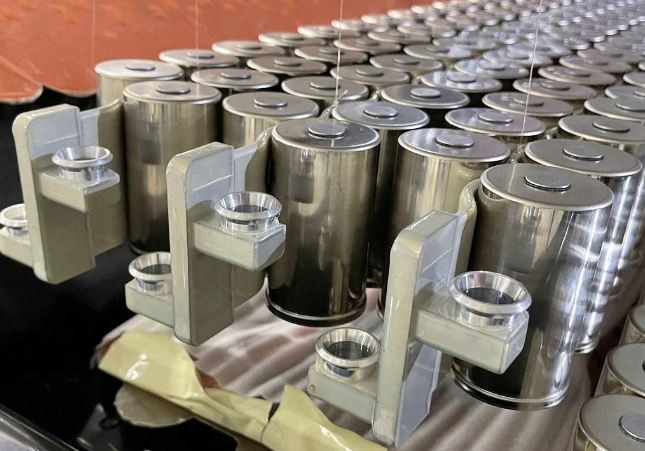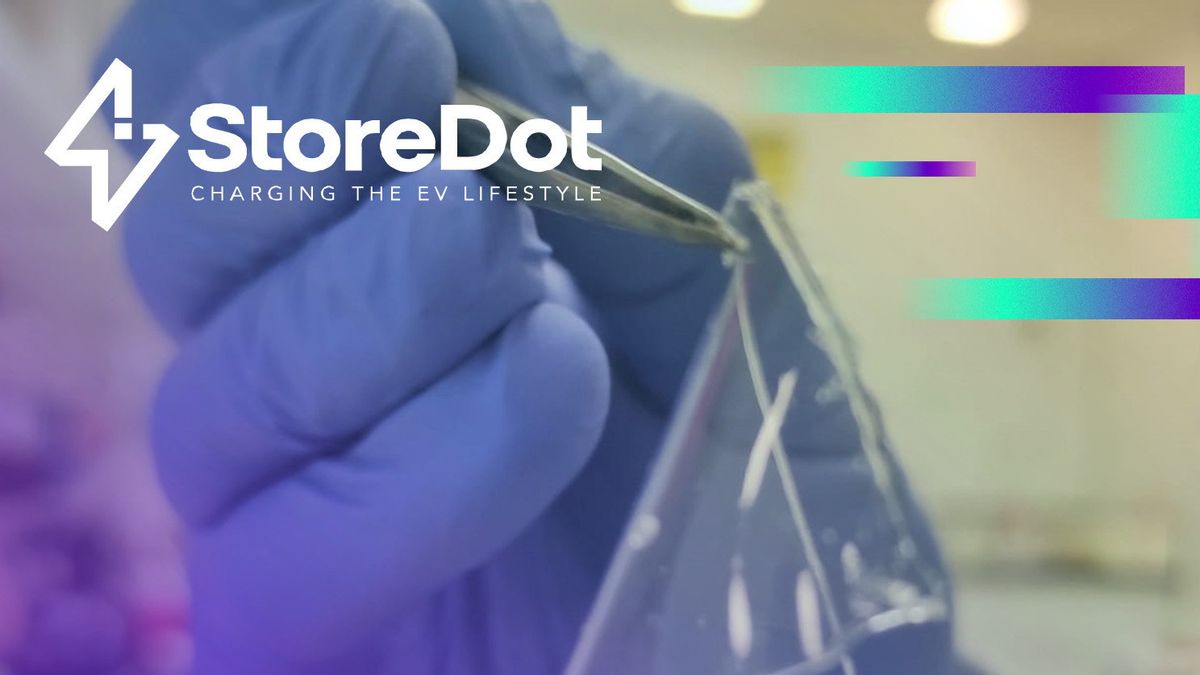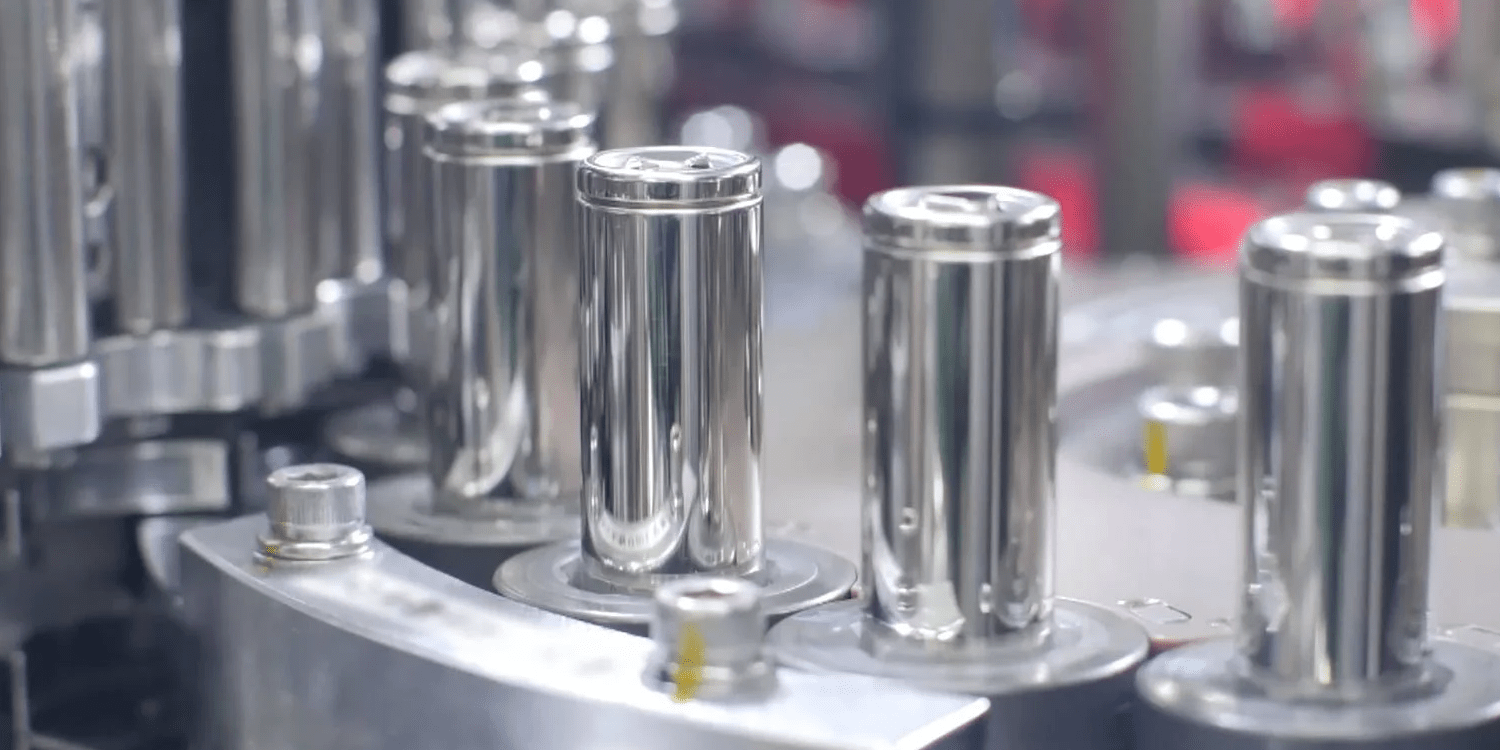Cirba Solutions has extended a prior agreement with General Motors (GM) to recycle electric vehicle (EV) lithium-ion battery and cell scrap generated by manufacturing and research at select GM facilities through 2024. With more than a million pounds of batteries already recycled by GM, this program is expected to process even more material as EV production expands.
This collaboration with Cirba Solutions provides GM with customized service, logistical agility, and leading processing technology. It also leverages Cirba Solutions’ expertise in reverse logistics, disassembly, and lithium-ion processing to return recycled materials to the market. The extended contract builds upon the original lithium-ion battery agreement from 2021.
“Our collaboration with GM demonstrates their commitment to achieving sustainability goals and their trust in Cirba Solutions to handle a critical part of the EV supply chain,” said David Klanecky, President and CEO of Cirba Solutions.
“We are excited to strengthen our focus on sustainability and continue our work with Cirba Solutions,” said Melissa Flaherty, Director of Sustainable EV Battery Ecosystem at GM. “Integrating efficient EV battery recycling processes helps lower emissions upstream in the battery supply chain and aligns with our vision for a world with zero crashes, zero emissions and zero congestion.”
With six facilities, including two active lithium-ion processing sites, Cirba Solutions is positioned to support the battery recycling needs of organizations today and in the future. In September 2022, Cirba Solutions announced plans to construct a 75,000-square-foot facility in Eloy, Arizona to recycle lithium-ion batteries. The Eloy facility will boost collection and processing for North America’s West Coast end-of-life collection and EV battery manufacturing facilities. This facility is expected to process enough battery material to support 50,000 EVs annually.
Cirba Solutions also received approximately $75 million from the Biden-Harris Administration, through the U.S. Department of Energy, to expand its existing lithium-ion processing facility in Lancaster, Ohio. The company aims to increase its lithium-ion battery processing capacity by approximately 600% over the next few years and open several new processing facilities throughout North America.

